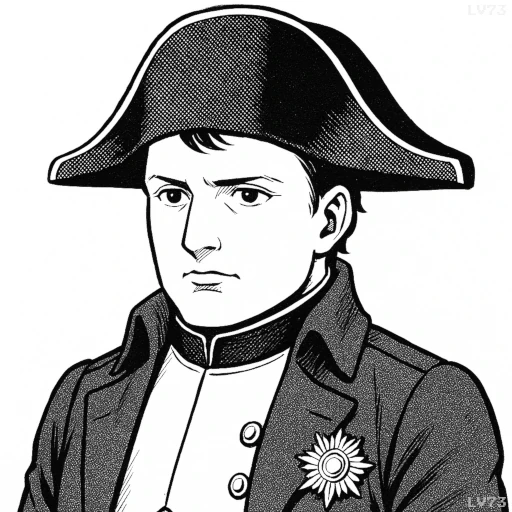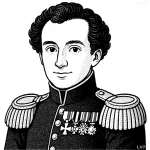“I am sometimes a fox and sometimes a lion. The whole secret of government lies in knowing when to be the one or the other.”

- August 15, 1769 – May 5, 1821
- French of Italian descent
- French military officer and emperor
table of contents
Quote
“I am sometimes a fox and sometimes a lion. The whole secret of government lies in knowing when to be the one or the other.”
Explanation
In this statement, Napoleon Bonaparte conveys his belief in the importance of adaptability in leadership. By likening himself to both a fox and a lion, he suggests that effective governance requires a balance between cunning and strength. The fox represents intelligence, strategy, and discretion, traits that are useful for handling complex situations with subtlety and avoiding unnecessary confrontation. The lion, on the other hand, symbolizes power, courage, and assertiveness, essential qualities for taking decisive action and maintaining authority. Napoleon believed that a leader must skillfully alternate between these approaches, depending on the demands of each situation.
This insight is particularly relevant for leaders in all fields. An effective manager or executive, for instance, knows when to exercise patience and diplomacy to resolve conflicts or negotiate delicate issues, acting as a “fox.” At other times, strong, assertive decisions are required to enforce rules or pursue ambitious goals, embodying the “lion” mentality. Balancing these two approaches allows leaders to address challenges with both tact and resolve.
Napoleon’s words encourage us to see leadership as a dynamic, situational skill, requiring flexibility and self-awareness. Rather than rigidly adhering to one style, a successful leader understands the context and adapts accordingly, blending strategic thinking with decisive action. This approach underscores the wisdom of adjusting one’s methods to achieve the best outcomes, whether by using subtlety or strength.
Would you like to share your impressions or related stories about this quote in the comments section?




